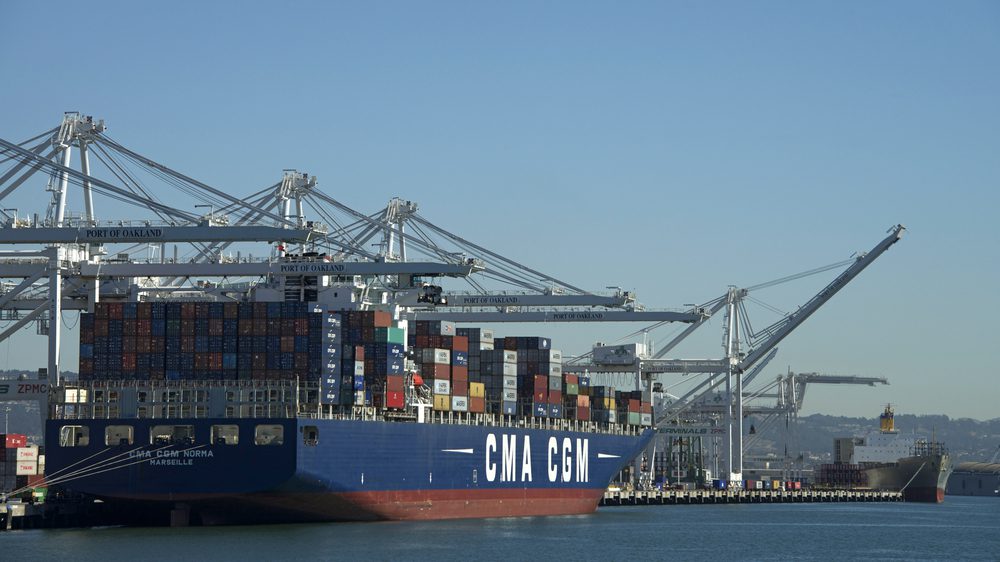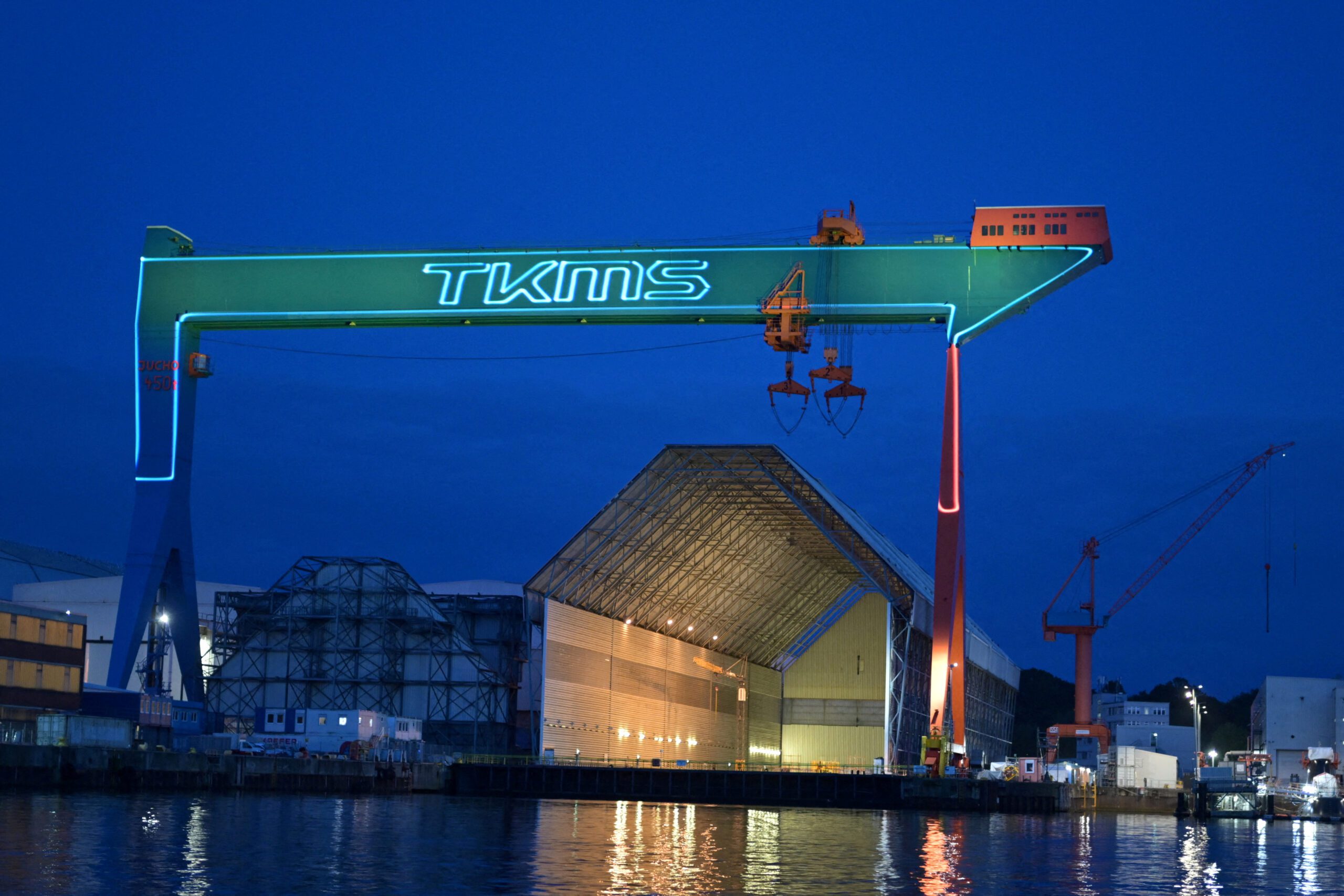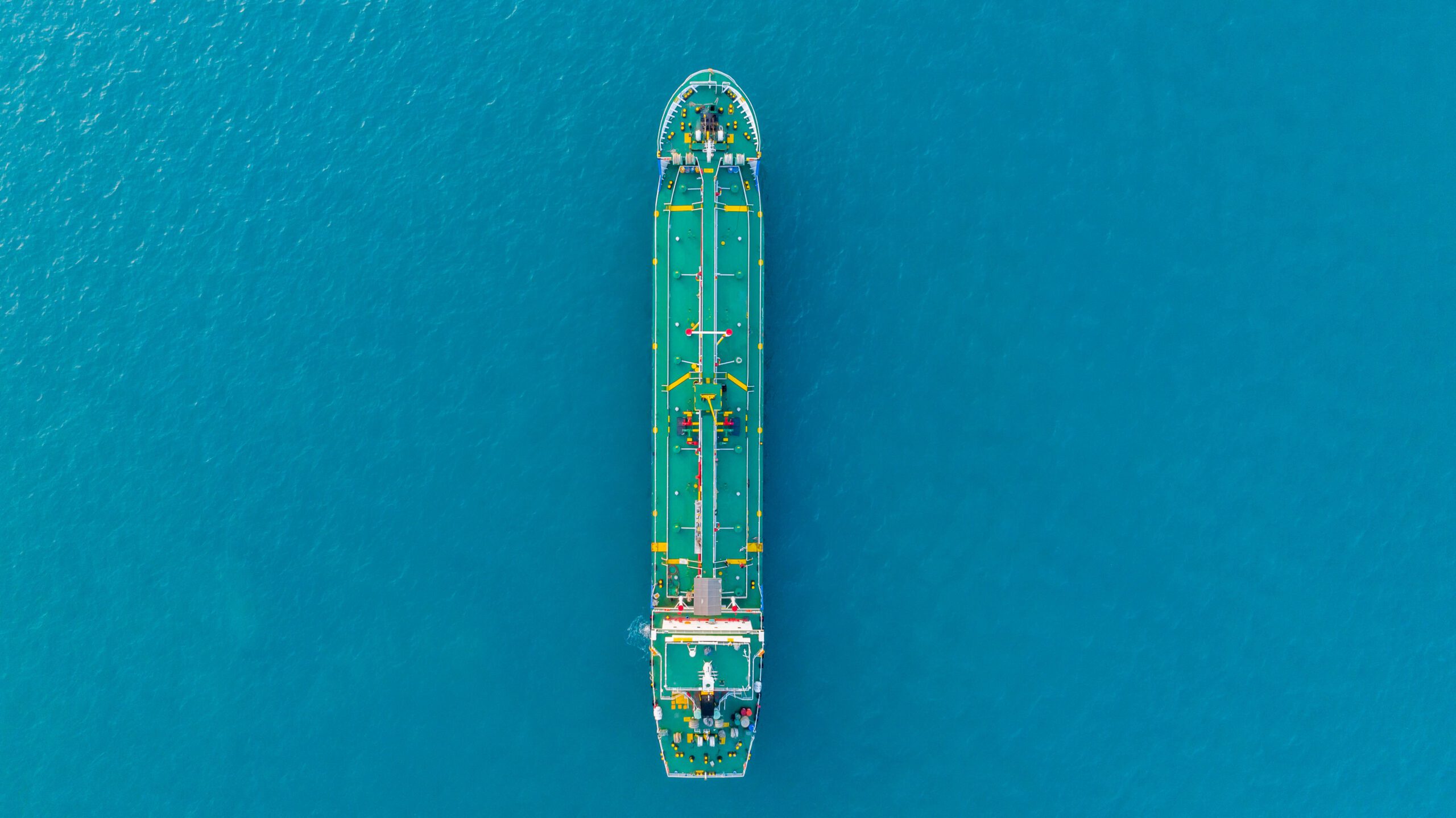The 1997 Pulitzer Prize-winning book Guns, Germs and Steel, written by UCLA Professor Jared Diamond, is a fascinating read covering 13,000 years of human history and a seemingly apropos header in these early months of the second decade of the 21st Century.
The beginning of the end
It has been just over one year since the beginning of a worldwide pandemic that has spared no one and no country. The long-term effects will likely unravel over the next decade or perhaps even longer. The most remarkable result of the pandemic so far? The development of a vaccine in less than 12 months. One does not have to be familiar with cellular or molecular biology, biochemistry or microbiology to understand the significance of researching and developing a vaccine in record-breaking time. It is an accomplishment that is yet to be fully recognized, understood, and acknowledged. Likely because the world is still fighting off this horrible virus and the rapidly developing variants and who should or should not be getting vaccinated and in what order, all the while staving off economic depression.
The great debate
There has been much debate on who should receive vaccinations by order of priority. There was little initial debate regarding first vaccinations; front-line health care, law enforcement, etc. The second, third and fourth-tier recipients are where it gets complicated and those charged with making those choices have my deepest respect.
The term ‘essential worker’ has been used in the discussion over how best to proceed with vaccinations. Front-line essential workers in food and grocery, as well as teachers, firefighters, etc., are all being considered for the next tier of vaccinations. There is also reasonable debate that simplifying the process to age-based may greatly stream-line things leading to quicker completion.
Five minutes from a clean getaway
The world seemed five minutes from a clean getaway, but with the virus now clearly mutating, time is once again running against us. The United Kingdom is on complete lockdown again and still the muted virus is spreading at more than double the rates the United States saw at its worst. Although simple, an age-based inoculation process may leave the country vulnerable to a catastrophic essential service loss. It could be argued that there are a few essential services so critical as to move into the area of national security.
It’s the economy stupid
One of those is maritime trade. There are 25 major ports in the United States, 90% of all goods and services our country needs to thrive and survive come into those ports 24 hours a day, 7 days a week, 52 weeks a year. If this movement of goods were to be interrupted or stopped, what would the economic impact be for the nation? Or any nation? The United States economic engine is primarily driven by the consumer, how long would it take to see negative consequences if that engine were slowed or interrupted? Catastrophic may not be an overstatement.
Few against the tide
The maritime professionals directly involved with trade by sea are, at once, nearly irreplaceable and exceedingly small in number. For example, there are only about 1,500 ship pilots in the entire country responsible for moving nearly every ocean vessel calling at US ports. They cannot work from home and must go out everyday, exposed to potential contact with the virus.
What happens in the immediate future if the mutated virus takes hold before mass inoculation occurs and pilots around the country start to go down with the virus? What happens if the 10,000 or so tug crews assisting those ships start to come down with the mutated version of the virus? What about the relatively few dock workers, longshoremen? What if they start coming down with the virus and the ships cannot be unloaded? It’s happening right now at the busiest ports in the United States, Long Beach and Los Angeles, where some 700 longshoremen are reported to have come down with the virus. Given that there are less than 10,000 in the port, that’s a worrisome number.
Worldwide, there are only about one million professional mariners. What happens if they start to go down with the mutated virus? There are few replacements available for any of these jobs. Given there are very few maritime professionals, if even a small percentage of them start coming down with the mutated version of the virus, the world may immediately notice the economic consequences. It’s a simple matter of Dollars, Euros, Yuan, etc.
The numbers add up
2019 Total value of cargo delivered to USA by port (US Census Bureau Trade Data):
- Port of New York/New Jersey: 200 Billion
- Port of Baltimore: 60 Billion
- Port of Norfolk: 75 Billion
- Port of Savannah/New Brunswick: 100 Billion
- Port of Houston: 200 Billion
- Port of Long Beach: 200 Billion
- Port of LA/LB combined: 300 Billion
- Port of Oakland: 81 Billion
- Combined Ports SF Bay: over 100 Billion (estimated)
The above covers only seven of the twenty-five major ports in the USA and does not include many powerhouse ports and regions. The economic engine generated by direct trade is worth TRILLIONS of dollars in total cargo value over the course of any single year. What happens if that engine is slowed or interrupted now? Could be a catastrophe upon a catastrophe? It has the potential to send the economy into destress just as we are closing on the end of this miserable affair.
The long darkness
Singapore, one of the great maritime trading nations understands the critical nature of the problem and has put a priority on inoculating professionals in the maritime trade. At this late stage, after over a year of fighting this worldwide pandemic, having lost trillions and spend trillions, can countries afford to ignore the vital importance of prioritizing the inoculation of maritime professionals. We have finally reached the point where the end may be in sight. Protecting against calamity at this late stage is essential if we are to end the long darkness of this virus.
Captain George Livingstone is a San Francisco Bar Pilot, co-author of ‘Tug Use Offshore’, contributing author of ‘IMPA On Pilotage’ and a regular contributor to gCaptain.

 Join The Club
Join The Club











